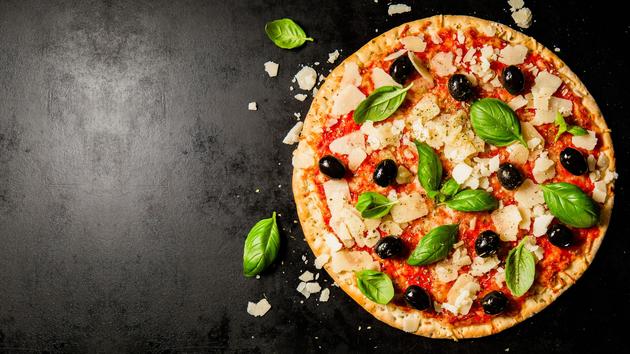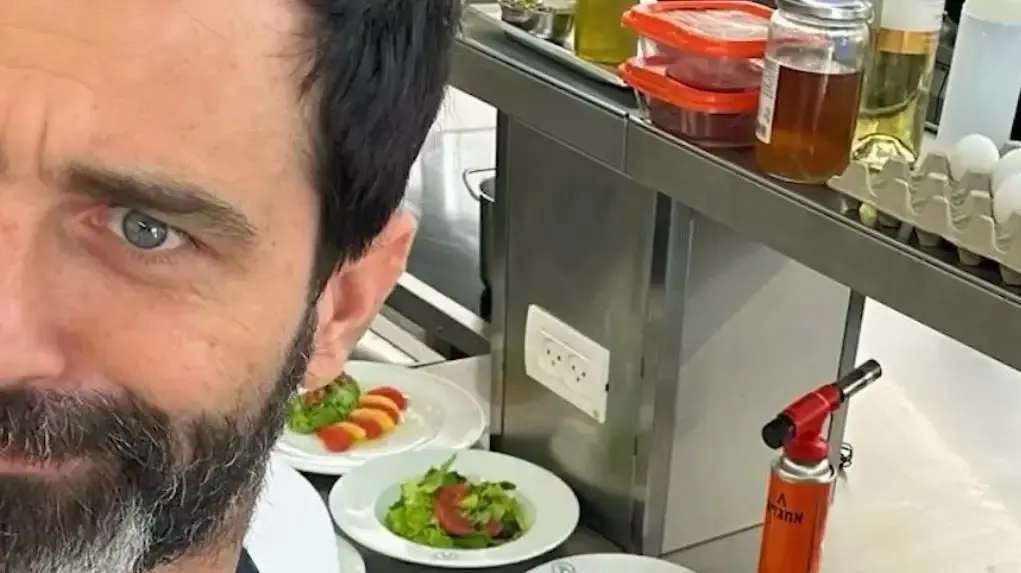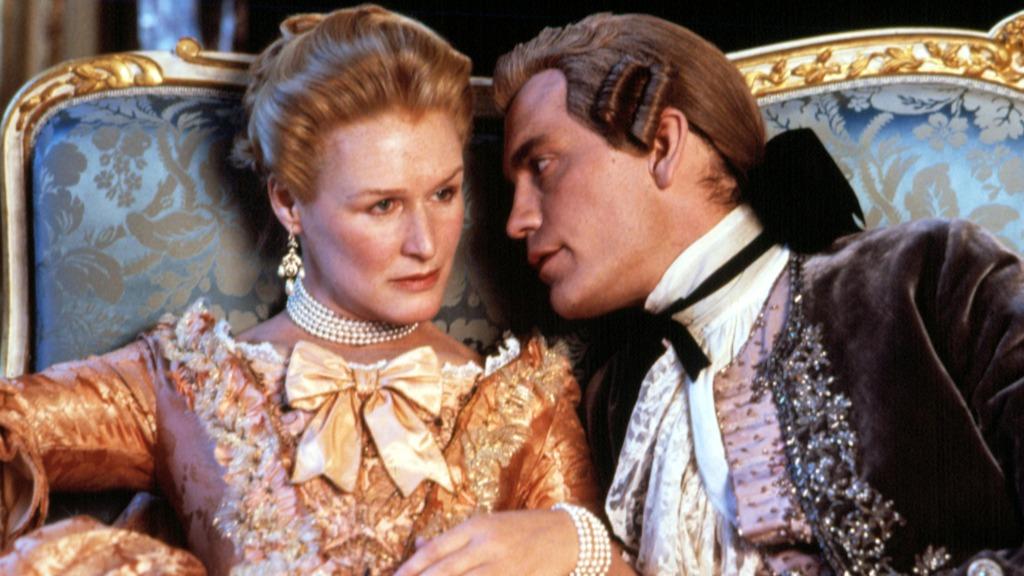A little, passionately, madly ... The French love English.
It suffices to take the measure of the number of Anglicisms which nibble at our conversations.
But do we know that in neighboring countries, the language of Molière is also very popular?
The cuisine, recognized as the flagship of French culture, is a shining example.
Anglophones love to sprinkle their discussions at the table with
"very French"
words
:
"mash"
,
"macaroon"
,
"vinaigrette"
,
"croissant"
... An overview of these words.
"Mayonnaise"
The word is translated into English, in the Larousse bilingual dictionary, by…
“mayonnaise”
.
The word, attested in French since the 18th century, would perhaps be taken from the name of (Port) Mahon, capital of Menorca, "in memory of the capture of this city by the Duke of Richelieu in 1756, informs the dictionary.
Although the first date of appearance is much later than that of the event, he adds.
"Bescherelle sees it rather as a vicious spelling of bayonnaise"
.
The French Academy notes that its origin is uncertain.
"Croquembouche"
This delicious name for a piece of cake, made of frozen foods with cooked sugar (cabbage, macaroons) is having little success on the other side of the Channel.
It is not uncommon to hear it said in French by our neighbors.
Born in the 19th century, as the Trésor de la langue française emphasizes, the phrase, by its mere appearance, would make the most frugal soul salivate.
"Vinaigrette"
Here is another word victim of its success, translated into English in the Larousse by
“vinaigrette”
.
In the United Kingdom, it is also called
“French dressing”
, which the Americans also use, but to designate a salad dressing made up of mayonnaise and ketchup.
Before crossing the English Channel and the Atlantic, the
"vinaigrette"
experienced some ups and downs.
Attested in French in the 14th century, the word first referred to a
"sauce made of oil, vinegar and various condiments"
.
It is derived from vinegar, because of the resemblance to the small cars of the vinegar makers.
In the 17th century, in fact, the
“vinaigrette”
was an “old two-wheeled car, analogous to the sedan chair, according to the TLFi.
"Well living"
Is it because we are descended from Rabelais?
The reputation that the French have of being fine gourmets (dare we say gourmet?) Is reflected in the use of some of our recipes, but also of our expressions.
"He is a good living"
we sometimes hear.
This typically French expression designates a jovial, cheerful person, a merry fellow who is not stingy when it comes to forklifting, indicates the CNRTL.
He is a
"fine beak"
, a jolly fellow that can also be described as an epicurean.
"Macaroon"
This cupcake is a French symbol. English speakers love to borrow it from us to
“look chic”
. But do we know what this pastry that our neighbors love was born on Italian soil? It was formed after maccarone (plural maccaroni),
"which designated, according to the regions, pastes of various shapes"
, we learn in the dictionary. It was synonymous with gniocchi from the 14th to 17th centuries. Once on French soil, it designates a
"small round almond pastry"
, but also a
"round badge"
(19th century), then
"honorific"
(20th century). It is also the name given to little girls who wear a
"braid of hair rolled over their ears".
.
And in the slang of the last century, the
"macaroon"
is synonymous with an automobile steering wheel.









